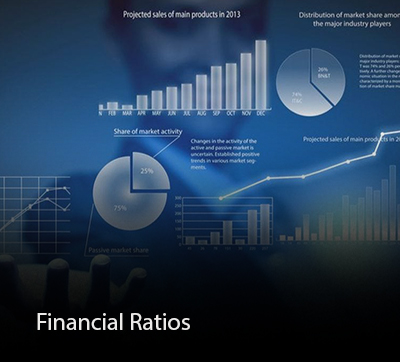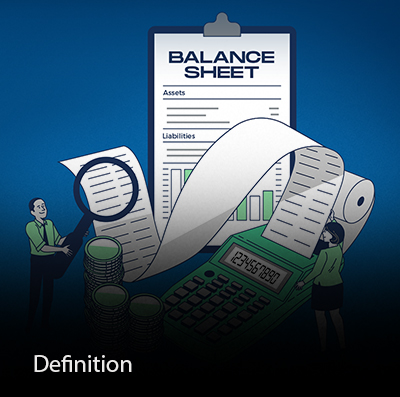Accounts Payable
Accounts Payable (AP) is a critical component of a company’s financial management and accounting processes. It represents the amount a company owes to its suppliers or vendors for goods and services that have been purchased on credit. Here are key aspects of Accounts Payable











Definition
Accounts Payable is a liability on a company's balance sheet. It represents the short-term obligations or debts that a company owes to its suppliers.
Credit Transactions
Accounts Payable arises from credit transactions, where a company receives goods or services and agrees to pay for them at a later date, often within a specified credit term.
Invoice Processing
When a company receives goods or services, the supplier typically issues an invoice specifying the amount due and the payment terms. Accounts Payable records and tracks these invoices.
Credit Terms
Credit terms vary and may include the payment due date, discounts for early payment (e.g., 2/10, net 30, indicating a 2% discount if paid within 10 days, with the full amount due in 30 days), and any late payment penalties.
Recording Transactions
When goods or services are received, the company records the transaction by increasing its Accounts Payable and crediting the corresponding expense account (e.g., cost of goods sold, utilities, etc.).
Payment Processing
When the payment is made to the supplier, the Accounts Payable is reduced, and the company's cash or bank account is decreased.
Aging Schedule
Companies often maintain an aging schedule for their Accounts Payable, categorizing outstanding payables based on the time elapsed since the invoice date. This helps manage payment priorities and cash flow.
Financial Ratios
Accounts Payable is a key component in financial ratios such as the current ratio, which assesses a company's short-term liquidity by comparing current assets to current liabilities.
Accrual Accounting
Accounts Payable is central to the accrual accounting method, where expenses are recognized when incurred, not necessarily when the payment is made.
Importance in Working Capital Management
Efficient management of Accounts Payable is crucial for optimizing working capital. Balancing timely payments with taking advantage of available discounts can positively impact cash flow.
Automation and Software
Many businesses use accounting software and automation tools to streamline the processing of Accounts Payable, reducing manual errors and improving efficiency.
Effective management of Accounts Payable is vital for maintaining good relationships with suppliers, managing cash flow, and ensuring the financial health of a business. It involves balancing the need to meet financial obligations with the optimization of cash resources.
